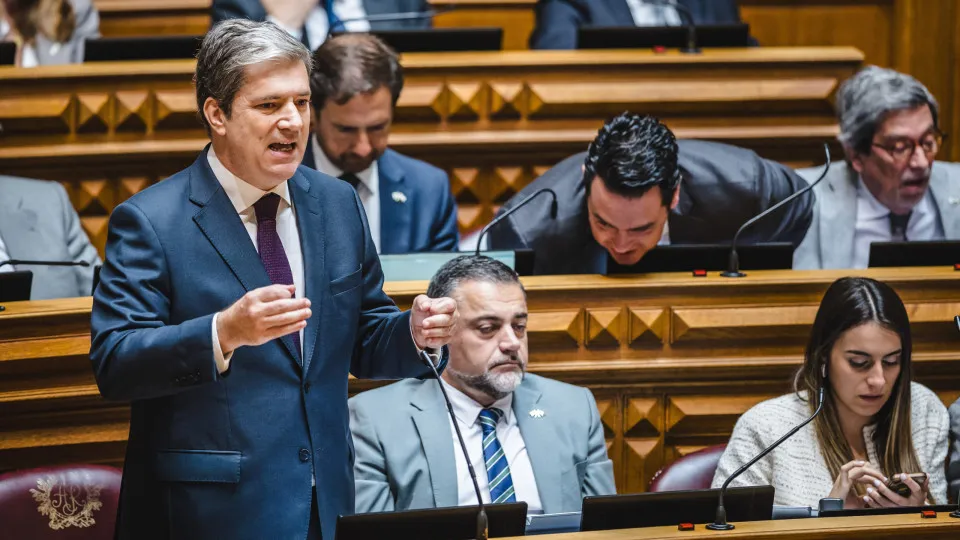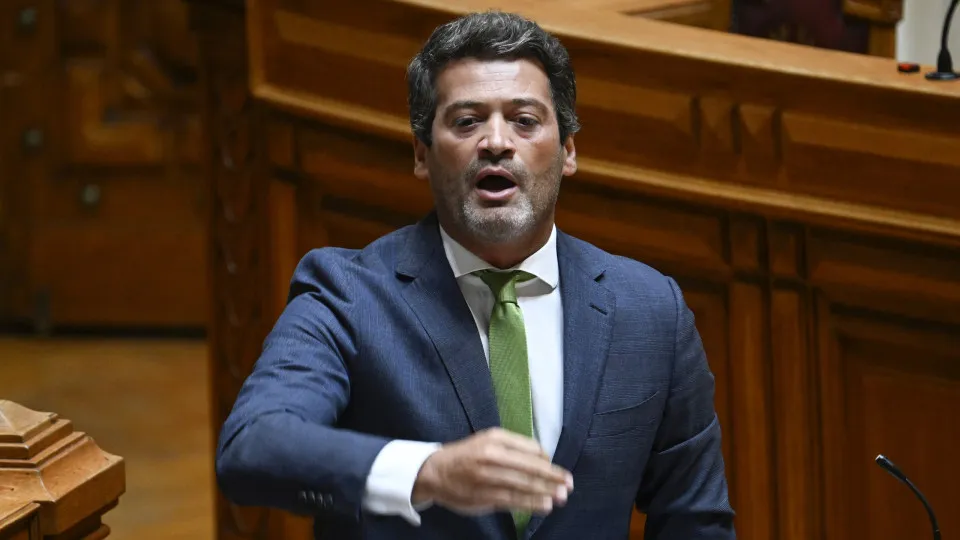
“This majority will not be swayed by public service strikes on Fridays, which could occur on any other day, nor by opportunistic demonstrations on the day we begin discussing this budget. This Parliament is a free Parliament, not subject to any form of tutelage and does not work under pressure, and that is why we will approve this budget, which is a good budget and is on the right path,” he stated.
In the general debate on the State Budget for 2026, Paulo Núncio sought to counter opposition criticism, stating that “those who cannot oppose resort to chatter.”
“For the opposition, the country is doing poorly, very poorly. Some say this budget is unrealistic, others that it is minimalist, others that it is greedy, that it is more of the same, and some even refer to it as an end-of-the-line budget. There are criticisms for all tastes, but they are all absolutely unfounded,” he argued.
In his address, Paulo Núncio called for “responsibility and political maturity” from the PS “in the discussion and voting in general and in particular of this budget, which promotes economic growth and balanced public accounts.”
The CDS-PP deputy highlighted that the State Budget for next year “does not increase a single tax,” lowers the corporate tax to 19%, strengthens investment in Defense (governed by the party), foresees a “public debt below 90% for the first time since 2009” and “indicates the third consecutive budget surplus for the first time in the history of Portuguese democracy.”
In response, the Prime Minister stated that Portugal will “achieve in 2026, with success that will be difficult but achievable, a new ‘surplus,’ four consecutive years of positive public accounts,” considering it to be “an absolutely unusual trajectory in the global international context and in the European context.”
Luís Montenegro highlighted that this issue, together with the “decrease in the volume of debt,” could attract more investment to the country.
“These elements are not final results, but they are powerful instruments for the final result to be achieved. And the final result is more income, more quality of life, and greater possibility for us to provide fulfillment to each of our individuals, to each of our compatriots,” he maintained.
Luís Montenegro also noted that the increase in pensions resulting from the law will have “an impact of 700 million euros, 144 of which are exclusively related to the effect of economic growth.”




